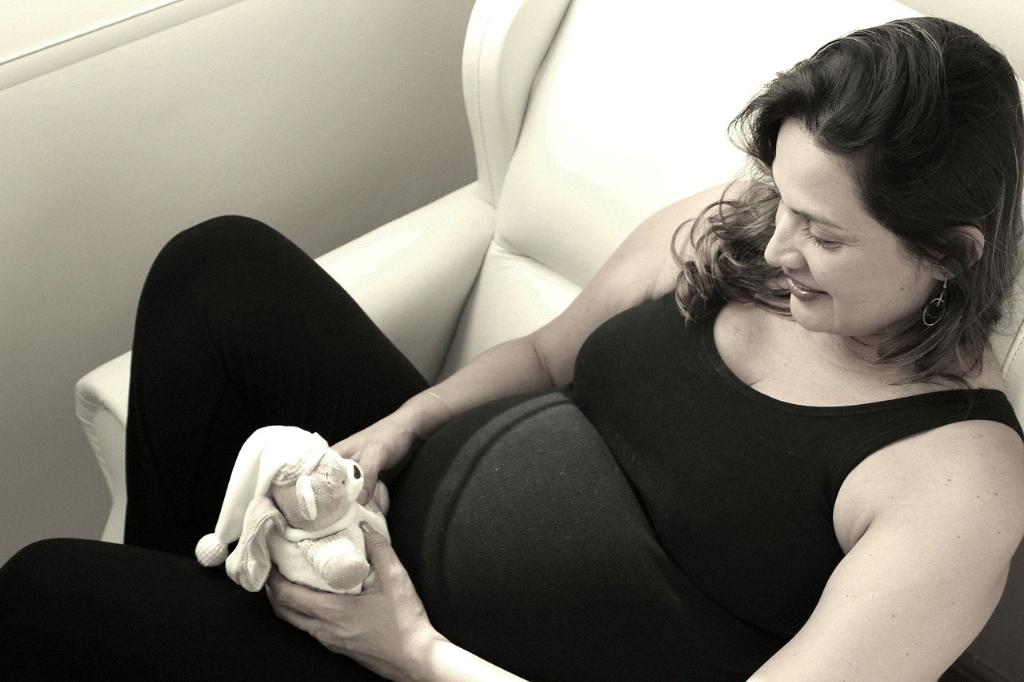During pregnancy, women experience numerous changes in their bodies, and one common concern that arises is the color of their stool. It is not uncommon for expecting mothers to notice a change in the color of their poop, with green poop being one of the variations that can occur.
Reasons for Green Poop
The color of your poop is largely influenced by what you eat and how your body processes the food. Green poop during pregnancy can be attributed to several factors, one of which is the consumption of leafy green vegetables or foods with green food coloring.
Relationship Between Green Poop and Labor
There is often speculation about whether green poop is a sign that labor is near. While it is true that hormonal changes and increased bowel movements can occur as your due date approaches, green poop itself is not a definitive indicator that labor is imminent.
Diarrhea and Hormonal Changes
As labor approaches, some women experience diarrhea due to hormonal fluctuations. These changes can lead to more rapid bowel movements and changes in stool consistency, which may result in green-colored poop.
Consulting Your Healthcare Provider
If you notice persistent changes in the color of your stool, including green poop, it is important to consult your healthcare provider. They can provide guidance on whether the color change is benign or if further investigation is required.
Green Poop at Any Stage of Pregnancy
It is crucial to note that green poop can occur at any stage of pregnancy and is not exclusive to the period leading up to labor. Factors such as diet, hydration levels, and individual digestive processes can all contribute to variations in stool color.
Managing Digestive Changes
During pregnancy, the digestive system can be more sensitive to changes, leading to irregular bowel movements and color variations in stool. Staying hydrated, consuming fiber-rich foods, and maintaining a balanced diet can help regulate digestive processes.
Recognizing Normal Stool Changes
While changes in stool color can be concerning, it is essential to recognize what is normal for your body. Green poop alone is typically not a cause for alarm, especially if it is accompanied by other common symptoms of pregnancy.
Seeking Medical Advice
If you experience persistent green poop along with other symptoms such as abdominal pain, fever, or blood in your stool, it is advisable to seek medical advice promptly. These could be indicators of underlying gastrointestinal issues that require attention.
Individual Variations in Stool Color
Every individual’s body processes food and eliminates waste differently, leading to variations in stool color. While green poop may be unusual for some, it is not necessarily a cause for concern unless it is accompanied by other concerning symptoms.
Focus on Overall Well-Being
During pregnancy, prioritizing your overall well-being and monitoring changes in your body is essential. Maintaining open communication with your healthcare provider and addressing any concerns promptly can help ensure a healthy pregnancy and delivery.
Final Thoughts
In conclusion, green poop during pregnancy is a common occurrence that can be influenced by various factors. While it may coincide with hormonal changes and increased bowel movements as labor approaches, it is not a definitive sign that delivery is imminent. Monitoring your stool changes, staying informed, and seeking medical advice when needed are crucial steps in ensuring a healthy pregnancy journey.

